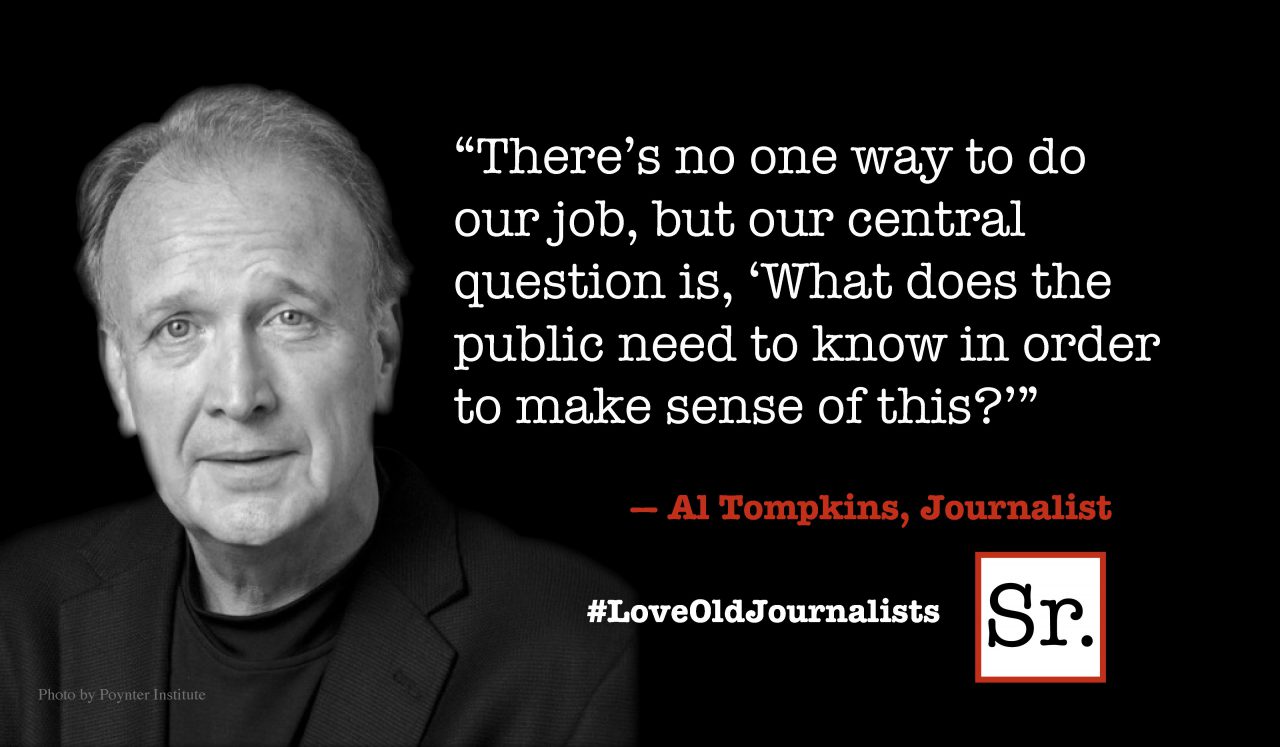There’s a host of reasons why great brands decay. High on the list is weak marketing, weak management, and weak strategic discipline. I could add a dozen more. I won’t. I will say that the crux of the matter is the incessant pressure on management to maintain or rediscover corporate growth.
The ramifications are pervasive, and particularly pronounced in the food industry where giants such as Kraft, Kellogg’s, General Mills, and Campbell’s Soup seek growth another way, a seemingly easier way — by digging into deep pockets to buy it. These companies have been merger and acquisition advocates for decades. Other than reducing costs and fattening stock prices, M & A’s have done nothing to strengthen the strategic health of the acquirer or the acquiree. Organic growth is near non-existent, and with the exception of the Kraft-Heinz merger, so is 5-year growth when acquisitions are included in the income statements.
Leaders Failed to Nurture Their Brands
Why the stagnation? Along the way, the leaders of these organizations turned their backs on the tenets of great branding, defined as carving out unique brand positions and adding to that strategic advantage with innovations that thrill customers. Rather than add to a brand’s strategic advantage, they subtracted from its equity with tactical initiatives and superfluous line extensions.
Kellogg’s Special K used to be known as a healthy, nutritious breakfast for diet-conscious women. No longer. The recently launched sausage, egg & cheese flatbread sandwich is 240 calories. That might be half the calories of McDonald’s version, but it’s still a packed combo of cholesterol, fat, and sodium and twice the calories of Special K cereal.
Big Food Forgot How Create Organic Growth
Beyond line-extending to non-strategic categories, Big Food failed to break their mindsets from the ‘growth by acquisition’ paradigm. Maybe it’s because the leaders of these enterprises didn’t believe they could succeed the old fashioned way. After decades of absence from the innovation arena, their cultures are no longer conducive to strategic brand building. They’ve forgotten how to innovate, they lack the patience to embark on the difficult task of reinventing a culture of innovation, and they can’t escape their addiction to size and financial clout. This type of business leverage has been their back-pocket competitive advantage for more than half a century.
The decline of brand differentiation extends beyond Big Food. Porsche is enjoying a vibrant auto market. Their German-made differentiator affords a high quality image, and for that, Porsche realizes higher operating margin ratios than do Mercedes Benz which produces a wide range of autos in 25 countries. German production is expensive. Should Porsche care? Not at all. With Mercedes giving up the German-produced asset, Porsche’s “made in Germany” claim is stronger, facilitating premium pricing to Mercedes.
VW Succumbs to the Lure of Slovakian Labor
But now its owners, Volkswagen, has succumbed to the profit opportunity afforded by lower non-domestic labor costs. In 2016, the Cayenne will be produced in Slovakia. Slovakia has a stellar reputation for auto manufacturing, but I’m betting there isn’t a Porsche customer out there who won’t have a nagging question about quality in his or her mind. I’m also betting that the Cayenne is the tip of the iceberg at Porsche.
So yes, the crux of the matter is the persistent pressure on management to drive corporate growth, but the Porsche example illustrates two additional factors at play. Near-sightedness and corporate greed.









